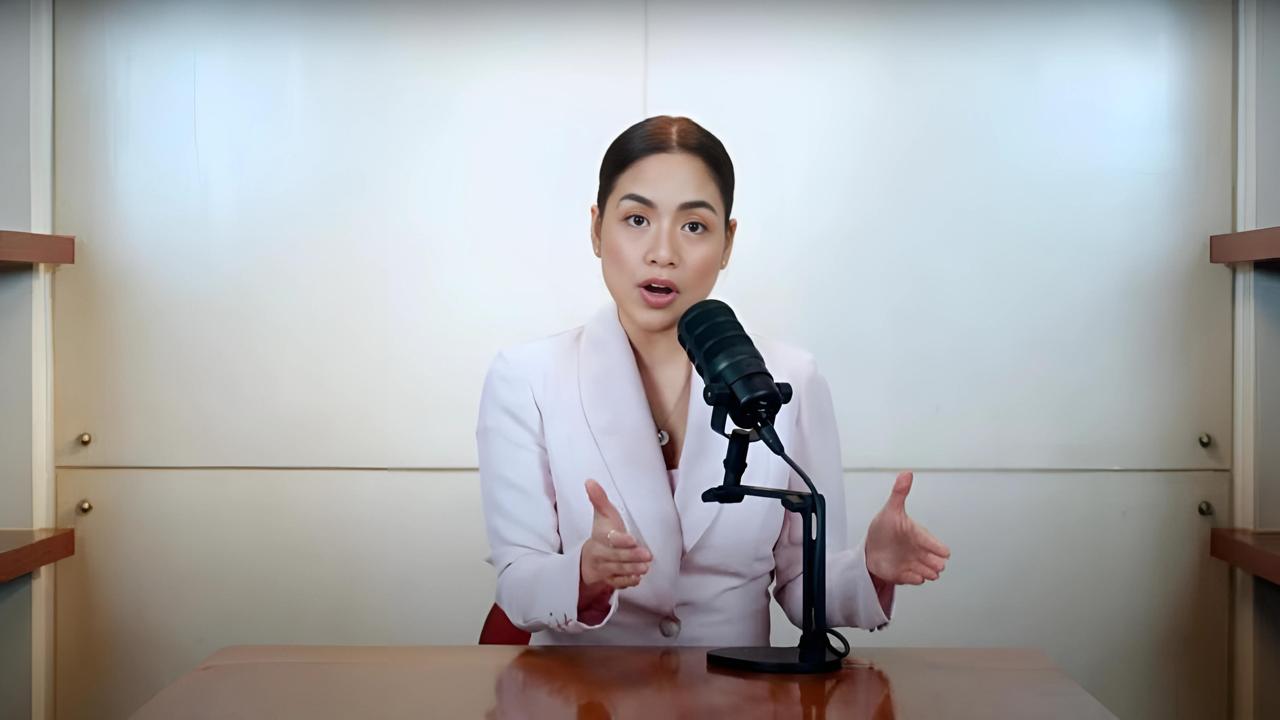
CJ Hirro
The city of Manila has been facing a garbage crisis, with uncollected waste accumulating in public markets, streets, and major thoroughfares. The situation has raised concerns about public health and sanitation as pests and foul odors become increasingly prevalent.
Political commentator CJ Hirro describes it as “the defining failure of Honey Lacuna’s administration.”
“Manila today is a city buried under its own waste, with garbage piles dominating street corners, public markets, and even main thoroughfares,” Hirro stated in her commentary on Peanut Gallery Media Network’s YouTube channel. “The stench of rotting garbage that fills the air, is a suffocating reminder of the city’s worsening sanitation crisis.”
READ: Netizens fume over Manila’s uncollected post-holiday garbage
The crisis began following the conclusion of the city’s contract with Leonel Waste Management Corporation on December 31, 2024. Leonel, which had handled Manila’s waste management for over 25 years, announced in September 2024 that it would not participate in the 2025 bidding process due to unpaid obligations amounting to P561,440,000.
“This advanced notice provided the city with nearly four months to prepare for an orderly handover to new contractors,” Hirro explained. “Yet, despite this ample lead time, the administration failed to act decisively, allowing the situation to devolve into chaos.”
Mayor Lacuna accused Leonel of abandoning its duties, claiming that the company’s withdrawal was a major factor in the garbage crisis.
Leonel, however, denied these allegations, asserting that it fulfilled its obligations until the final day of its contract.
Workers were reportedly directed to manage the holiday waste surge to minimize disruption, with barangay certifications and timestamped photos supporting these claims.
Mayor Lacuna also suggested that the garbage piles near key areas, including City Hall, were part of a deliberate attempt at sabotage.
The administration further attributed the crisis to a 400 percent increase in garbage generation during the holiday season.
Hirro criticized this justification, stating, “Holiday waste surges happen every year, and they should be anticipated and planned for. That’s what a competent administration does. Leonel had routinely managed these surges in previous years without any problems.”
Adding to public frustration, Mayor Lacuna, in an interview, advised residents to hold onto their garbage until haulers arrived.
The former news anchor criticized this advice, calling it impractical for many residents.
“In short, keep the trash inside your homes, sleep next to it if necessary, but don’t take it out until the trucks arrive. Easy to say if you live in a large house,” Hirro remarked.
The uncollected garbage has become a significant public health risk. “For a leader with a medical background, Mayor Lacuna’s failure to prioritize these risks is particularly inexcusable,” Hirro stated. She pointed to the potential for outbreaks of dengue, leptospirosis, and other sanitation-related illnesses in the densely populated city.
The administration’s chosen replacements, MetroWaste Solid Waste Management Corporation and Philippine Ecology Systems Corporation (PhilEco), began operations on January 1, 2025.
However, the transition has been marred by delays and inefficiencies. MetroWaste, tasked with handling Districts 1, 2, and 3 under a P412.9 million contract, and PhilEco, overseeing Districts 4, 5, and 6 under a P842.7 million deal, have struggled to address the city’s waste needs.
Garbage remains uncollected across Manila, including near City Hall.
Hirro noted that the garbage crisis is expected to heavily influence the upcoming 2025 mayoral elections, stating, “It symbolizes the broader perception of incompetence under the current administration.”
Recent OCTA Research surveys show Mayor Lacuna trailing behind former Mayor Isko Moreno, who leads with 74 percent voter preference, and Congressman Sam Verzosa.


